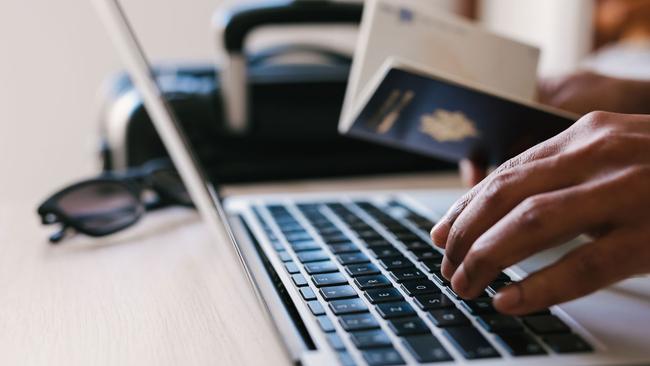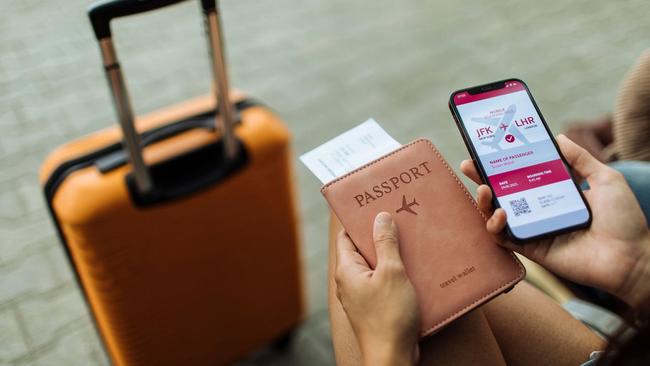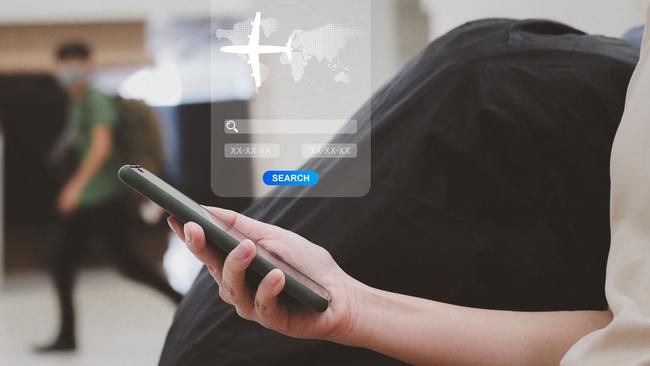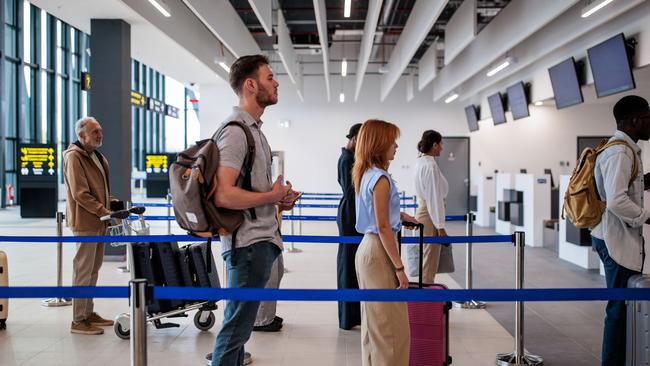Three ways artificial intelligence is improving travel
AI is making a whole lot of things worse. But it also has its upsides: especially for travellers.

Lifestyle
Don't miss out on the headlines from Lifestyle. Followed categories will be added to My News.
Ever feel like you’re talking to a robot? If you were born after 1980, chances are you have a slight aversion to phone calls and prefer online chat over speaking to a human.
The experience is often subpar and doesn’t actually solve your problem. Fast forward 45 years and we have actual, smart robots. The kind that can help you with everything from crafting an email to your boss to planning a holiday. AI isn’t just a novelty – it’s been optimizing the travel industry for a while and it’s only getting better.

According to The McKinsey Podcast by McKinsey & Company, AI has long been used to streamline operations and optimise room and crew allocations for airlines, but now, it’s making travel more convenient for consumers. Though the likes of ChatGPT, Gemini and CoPilot may seem fairly new, what we’re seeing is more AI capabilities presented directly to travellers, from smart concierges to online chatbots with a name and personality to match.
Across the board, hotels, airlines, travel agencies, airports and even holiday parks are using AI to make life easier for their guests. "The real opportunity lies in leveraging AI to transform customer service – whether through intelligent chatbots that provide real-time support or businesses integrating their data with AI-powered platforms to deliver personalised recommendations throughout a guest’s stay,” explains Discovery Parks Chief Marketing Officer, Lahnee White.
Making booking easier

Next-generation chatbots with generative AI provide an enhanced understanding of language and complex queries – afterall, ChatGPT started as a chatbot.
Take Expedia’s conversational trip planner which allows users to chat for recommendations on destinations, hotels, and activities. Type in “give me a 5-day itinerary for Seoul” and thanks to AI, you will receive relevant results, without spending hours searching and gathering information.
See also: Google Flights map trick savvy travellers are using to find cheap flights
Expedia also uses AI to summarise guest reviews, highlighting what guests liked and didn’t like about aproperty, allowing travellers to decide on a property much faster. Webjet leverages AI through “Trip Ninja”, the technology powering its multi-city offering.
“This powerful tool scans thousands of flights across multiple cities worldwide, instantly generating thecheapest, fastest, or best itinerary,” says Katrina Barry, CEO and Managing Director, Webjet Group.
AI to the rescue

Airlines are also harnessing the power of AI for rebooking flights, optimising flight routes and even improving the inflight menu.
Virgin Australia’s Rapid Rebook uses AI to suggest the best alternative flight when a passenger's original flight is disrupted. Recommendations are based on factors like the traveller’s route, trip duration, and preferences of similar passengers.
Dubai-based airline Emirates uses AI to improve operational efficiency and optimise flight routes by avoiding adverse weather conditions, consuming less fuel and reducing travel times. The carrier also uses AI to predict meal preferences and reduce food waste.
Data is gathered from inflight meal preordering, AI-enabled customer preference tracking data and Cabin Crew reports, then analysed to plan menus, optimise food loading and minimise waste.
Shorter airport queues

Changi Airport Group in Singapore has been trialling the use of AI and machine learning to speed up hand luggage screening. In combination with 3D X-ray screening machines, its ‘Automated Prohibited Items Detection System’ (APIDS) interprets and analyses vast amounts of images to identify patterns and anomalies.
The system can interpret images much faster than human operators and highlight items it has been trained to recognise. By working quietly in the background, AI is making airport security faster and more efficient.
There’s no doubt AI is improving travel, sometimes in ways we don’t always notice. And while robots aren’t replacing human interaction entirely (yet), at least they won’t roll their eyes when you ask for an upgrade.
More Coverage
Originally published as Three ways artificial intelligence is improving travel





